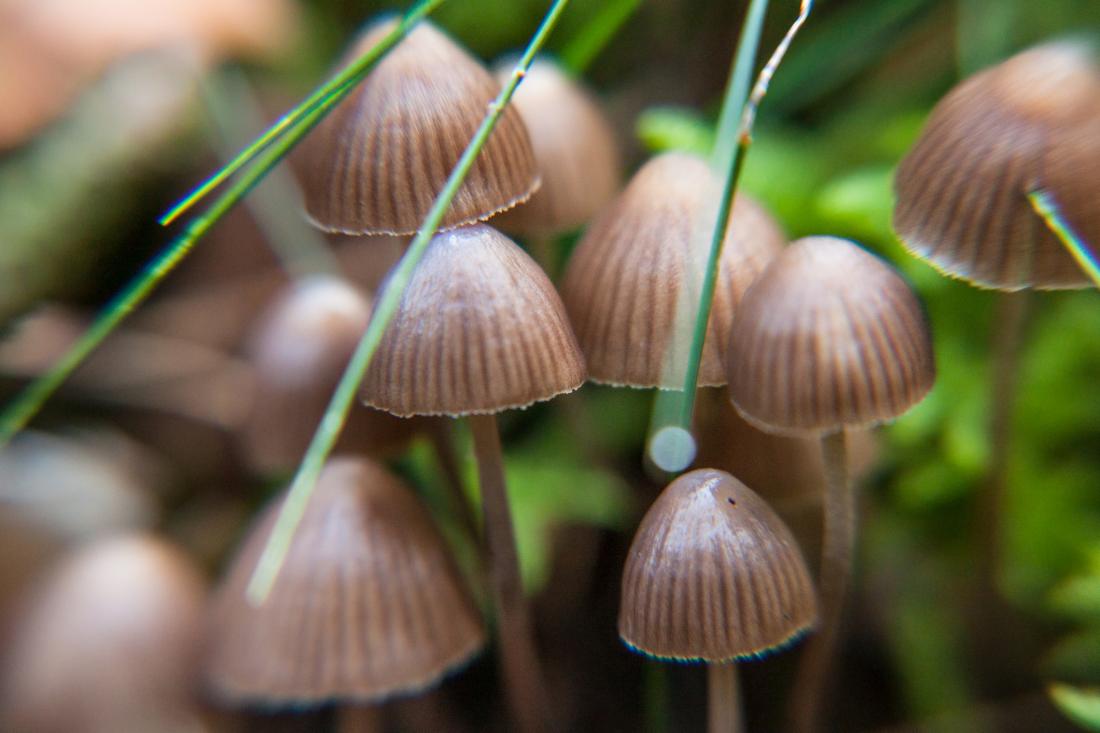Denver has approved a city ordinance to decriminalize hallucinogenic mushrooms, the city’s elections division said.
The Initiated Ordinance 301, or the Denver Psilocybin Mushroom Initiative, was approved Tuesday by less than 2,000 votes, according to preliminary results from the elections division.
About 50.5% of voters supported the ordinance, while about 49.4% were against it, election officials said.
The results will not become official until May 16.
The ordinance’s text seeks to “deprioritize, to the greatest extent possible” criminal penalties imposed by the City of Denver “for the personal use and personal possession of psilocybin mushrooms.”
The city is set to establish a “policy review panel to assess and report on the effects of the ordinance” per the initiative’s requirements.
A range of mushroom species naturally contain the compound psilocybin, which has hallucinogenic properties. The US Department of Justice lists psilocybin as a Schedule I controlled substance, meaning official federal policy states the fungi have no medicinal properties.
Although it doesn’t legalize the mushrooms, the ordinance would “prohibit the city from spending resources to impose criminal penalties” on those who have them.
The drugs have long been popular for recreational use. But a growing body of medical research shows that psilocybin can treat conditions like anxiety and depression, in cases where drugs currently on the market cannot.
For instance, a 2017 study published in the journal Nature showed that 47% of patients experiencing treatment-resistant depression showed positive responses at five weeks after receiving a psilocybin treatments.
And in 2018, researchers from Johns Hopkins University called for removing psilocybin from the list of Schedule I substances.
Denver has led the nation in changing drug policy
Kevin Matthews, the campaign director of Decriminalize Denver, organized the grassroots effort to decriminalize psilocybin mushrooms.
Matthews told CNN that he credited mushrooms with “really saving my life.”
He had been a cadet at the United States Military Academy when he developed major depression and received a medical discharge.
“My life had crumbled beneath my feet,” he said.
After years of suffering and not finding a solution, Matthews said friends introduced him to psilocybin mushrooms.
“The positive effects lasted weeks and weeks and weeks,” he said. “I had been feeling pretty isolated and alone and until then, couldn’t see the love all around me.”
On its website, Decriminalize Denver says, “Humans have used these mushrooms for thousands of years for healing, rites of passage, spiritual insight, strengthening community, and raising consciousness,”
The group also argues that “One arrest is too many for something with such low and manageable risks for most people, relative to its potential benefits.”
The initiative received endorsements from the Denver Green Party and the Libertarian Party of Colorado.
In January, Decriminalize Denver announced that it collected nearly 9,500 signatures, and turned in paperwork with the Denver Elections Division to get the initiative placed on the ballot.
At the time, Jeff Hunt, vice president of public policy for Colorado Christian University, told CNN affiliate KMGH that he opposed the decriminalizing of magic mushrooms in the city. He said the ordinance might discourage tourists from coming to the city.
“Denver is quickly becoming the illicit drug capital of the world,” Hunt said. “The truth is we have no idea what the long-term health effects of these drugs are going to do to the people of Colorado.”
The ballot initiative will build on previous efforts regarding drug ordinances. In 2005, the city became the first major city in the United States to legalize the possession of small amounts of marijuana, according to the Marijuana Policy Project.
Source: cnn.com


















